ST. THOMAS THE APOSTLE, MAN OF FAITH: A Special Tribute
/Dear Parish Family and Visitors,
We celebrate the Feast Day of St. Thomas the Apostle, Patron Saint of our parish, on July 3rd each year.
In honor of this great disciple of Jesus, Frank Miller, RCIA Director, has collaborated with the Communications Committee to create this special post.
We hope it brings faith and inspiration to your life today.
St. Thomas the Apostle, Pray for Us!
The Incredulity of Saint Thomas (Caravaggio)
July 3rd is the Feast of St. Thomas the Apostle, friend of Jesus and our parish patron saint. We have great cause to honor this holy man and pray for his intercession. Yet, we have only a few lines of scripture that refer to St. Thomas and no well-defined description. In the three synoptic gospels, he is introduced to us as part of the group called by Jesus to be his apostles: “Philip and Bartholomew; Thomas and Matthew the tax collector; James son of Alphaeus, and Thaddaeus” (Matt 10:3)*.In The Acts of the Apostles, he is listed again with the apostles who have returned to Jerusalem after the miraculous Ascension of the Lord at the Mount of Olives. “When they arrived, they went upstairs to the room where they were staying. Those present were Peter, John, James and Andrew; Philip and Thomas, Bartholomew and Matthew; James son of Alphaeus and Simon the Zealot, and Judas son of James” (Acts 1:13). St. Thomas is clearly and repeatedly accounted to be among the select twelve.
It is in the Gospel of St. John that we hear more of our patron and the role he played with this group assembled by Christ. The first occasion John refers to Thomas is at the news that Lazarus of Bethany, a dear friend of Jesus, is gravely ill. Jesus and his disciples had fled to the far side of the Jordan River in the country of Perea, shortly before this news, “He [Jesus] went back across the Jordan to the place where John first baptized, and there he remained” (John 10:40). The company had left Jerusalem after a near violent altercation following Jesus’ discourse when he identified himself by saying, “The Father and I are one.” (John 10: 30). At this revelation, those listening threatened to stone Jesus. However, his persecutors were able to neither carry out their threats nor arrest him. These persecutors were on the verge of committing overt murderous actions. It must have been terrifying for the disciples. We can safely assume that the disciples were fearful for their lives. They may have thought, “How much more does Jesus need to endure before he summons the powers of heaven and overthrows the powers of evil now ruling over Israel and persecuting us?” We may guess that they were relieved at Jesus’s decision to leave Jerusalem for distant Perea across the Jordan River.
It is in the country of Perea near where John first baptized that the message comes to them about Lazarus’ illness. We are told that Jesus loved Lazarus and Martha his sister. He assured his listeners that Lazarus will not die. Two days later Jesus announced their return to Bethany in the country of Judea. The company heard they are to return to the land where so recently they were assaulted by men with murderous intent. It does not take much imagination to put ourselves in their shoes. Jesus’ decision to return now may have been accompanied by along and angst filled silence. “If Lazarus is dead, are we to die too, now?”, may have been in their thoughts. It was Thomas, called Didymus meaning twin, that broke the silence. “Let us also go to die with him” (John 11: 16). He spoke what was on their minds. By saying it aloud we see it ended any hesitancy and galvanized the disciples. We hear no more about the fear of returning to Judea. St. Thomas, who would later be dubbed ‘Doubting Thomas’, displayed faith in Jesus and fortitude in the face of unknown danger and potentially murderous threats. Qualities that will serve him very well when evangelizing the Good News. Qualities we are called to emulate.
We next hear about Thomas in John’s Gospel chapter 14. This time during the ‘Last Supper Discourse’. After dismissing Judas Iscariot, Jesus informed them he is leaving them, and he assures them that he is preparing a place for them and that he will return to take them there. He told them that they knew the way. This is all very challenging to the apostles. They wish never to be separated from Jesus, yet now his message is about leaving them. Here again it is Thomas that spoke what is on their minds.
Master, we do not know where you are going; how can we know the way? (John 14:5)
The way is not some secret path or arcane method; the Way is speaking to them right now.
Jesus said to him, “I am the way and the truth and the life. No one comes to the Father except through me”. (John 14:6-7)
Thomas had the courage to speak up which allows Jesus to utter this self-defining revelation. Thomas was led by his faith in Jesus and blessed with fortitude, the courage of his convictions. His faith, like ours, seeks understanding and he pursued this desire courageously. St. Thomas like the others was faced with words that left him upset and confused. He alone did not remain silent. He brought them to the Lord. Thomas set the example for the faithful who are in doubt.
The final time we hear of Thomas in the Gospel of St. John is following Jesus’ first appearance to the disciples after his resurrection. The instance when Thomas was not among them. What followed may shake our confidence in Thomas. On two previous occasions, he did not give into fear but acted in faith and courage. At this moment in the upper room, we would expect Thomas to act the same way, with faith and courage. Yet on first reading his words startle us.
Thomas, called Didymus, one of the Twelve, was not with them when Jesus came. So the other disciples said to him, ‘We have seen the Lord.’ But he said to them, ‘Unless I see the mark of the nails in his hands and put my finger into the nail marks and put my hand into his side, I will not believe.’ (John 20: 24-25)
Can this be the same Thomas who so recently displayed faith and courage? His words are clear. His declaration ends, “οὐ μὴ πιστεύσω” (Gr: ou me psiteuso), “No, I will not believe”. There is no ambiguity. Are these the words of the apostle who has already displayed acts of faith and courage. Are these words of someone who has lost faith? Lacks fortitude? I do not think so.
Thomas rose to two previous challenges and put into words what was on his fellow disciples’ minds and in their hearts. Let us consider that St. Thomas did the same thing here. Thomas was not with the gathered disciples when Jesus first appeared among them. We are not given a reason. Thomas returned to the assembled company and found them quite changed. They are not the same disheartened and fearful group who hid in the upper room after the crucifixion. They are profoundly different. They are not ready to burst from the upper room as they will do on Pentecost, but their fear has left them. Their faith in Jesus was fulfilled. They informed Thomas that they have seen the Lord, touched him, heard his words, and ate with him. We may even surmise that Thomas’ return was in part motivated by what the disciples experienced. No one would be able to contain themselves after that miraculous experience. Perhaps word traveled outside the upper room. In a similar same way, Cleopas and his friend left Jerusalem for Emmaus** even after having heard of the news Mary Magdalene reported at the tomb. They heard that the tomb was empty and the report that Jesus had risen. They were still faithful but what they believed in was severely challenged to the point that they left for home. They left the company in doubt and confusion. They return to the company with their hearts burning inside them after their experience of the Holy Eucharist.
We do not know why Thomas was absent on the first Sunday. On his return, we know that he is met with an excited outpouring of miraculous events. We can imagine the wide-eyed enthusiasm with which the others report Jesus’s appearance. Thomas could not have been unmoved. I imagine he was greatly moved by their excitement, their sincerity, and that they stayed together when all seemed lost. Thomas’ third defining moment will be when he articulates his doubt motivated by his faith that brought him back to the disciples. Thomas does not lack faith; he wants his belief to be reassured. We know that our faith in Jesus is accompanied by doubt. They are not opposites instead, they are complementary. Faith leads us to truth; doubt protects us from lies and deception. Both are gifts and we need both. Their battleground is belief. What do we believe in? What do we believe to be true? We are gifted faith in God and still have doubts about all we are asked to believe. St. Thomas rose to this occasion for all those people of faith who wish to have their belief strengthened and to alleviate their doubts. Thomas could have put aside his doubts and took comfort in his comrades’ experiences and words. However, he does not do the expected thing. He voiced the doubt shared by many.
Now a week later his disciples were again inside and Thomas was with them. Jesus came, although the doors were locked, and stood in their midst and said, ‘Peace be with you.’ Then he said to Thomas, ‘Put your finger here and see my hands, and bring your hand and put it into my side, and do not be unbelieving, but believe.’ (John 20:26-27)
Jesus said this to Thomas, and it is recorded as a revelation for us all. Jesus told us to trust our faith in him and extinguish our doubt.
Thomas answered in the most definitive way, “ὁ κύριός μου καὶ ὁ θεός μου” (Gr: ‘O kyrios mou kai ‘o theos mou) “ “My Lord and my God!” (John 20:28). He is the first to acknowledge Jesus with these two powerful titles together. “My lord” is reserved for those in secular power, Tiberius Caesar, and his appointees and all those with power and wealth who had command of life and death over others. It is the word Greek speaking Jews would reserve for the Lord God, JHWH. Thomas also addresses Jesus as “my God”. This is a profound recognition of Jesus. He is the Way, the Truth, and the Life, he is God himself. In this short statement of faith, Thomas’ words articulate what is in the hearts and minds of his fellow disciples. His faith led him to this moment. His doubt is satisfied, his belief is re-enforced. Thomas’ actions and words then prompt the great gift of grace in Jesus’ words of blessing and encouragement:
Have you come to believe because you have seen me? Blessed are those who have not seen and have believed.
This blessing comes down to all who were not in the upper room. This blessing is for all the faithful who strive to overcome doubts. Faith in God and in Jesus Christ brings with it the struggle with belief. Jesus blessed us and encouraged us to persevere under doubt and have confidence in our faith. St Thomas named the Doubter may be better named ‘the Faithful’. He remained faithful to Jesus and overcame fear and doubts. He returned to the upper room after an unexplained absence. He returned without knowing what his brothers and sisters in faith had witnessed. Even in doubt, Thomas remained faithful. He stayed with the company until the following Sunday. He witnessed the risen Christ. He is the one who articulates the full nature of Jesus as Lord and God. We have great cause to honor this holy man and pray for his intercession. His courageous actions in faith overcame doubt and inspires us all.
Frank Miller
RCIA Director, St. Thomas the Apostle Parish
*Cf. Mark 3:18 and Luke 8:15.
**Cf. Luke 24: 13-35
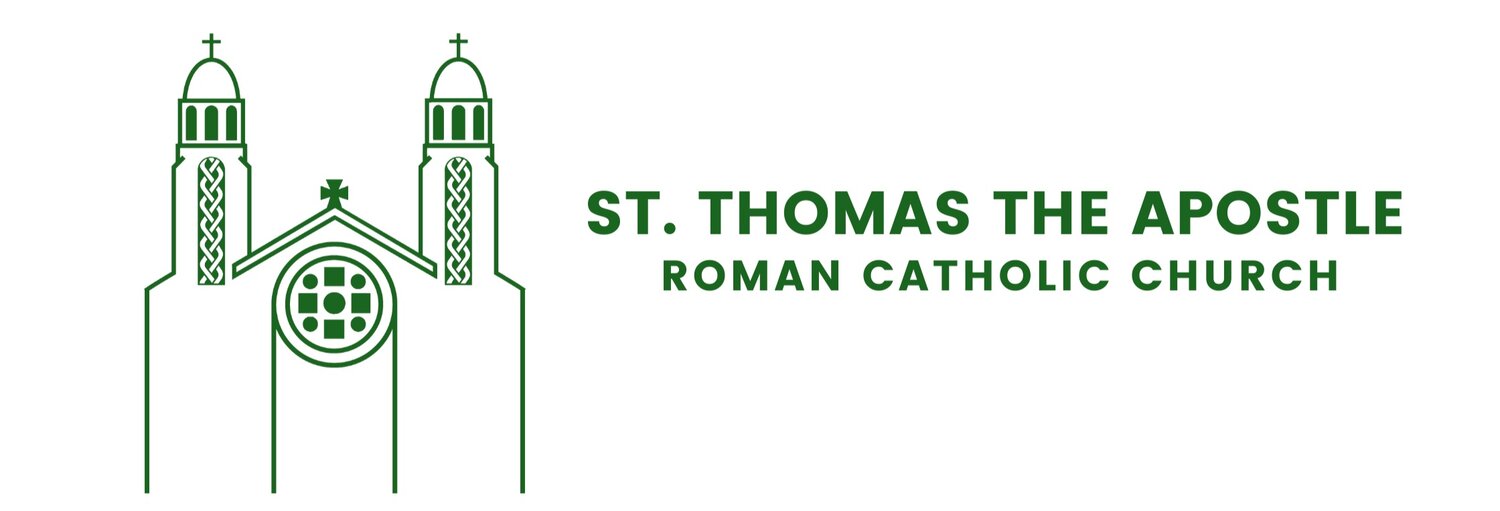

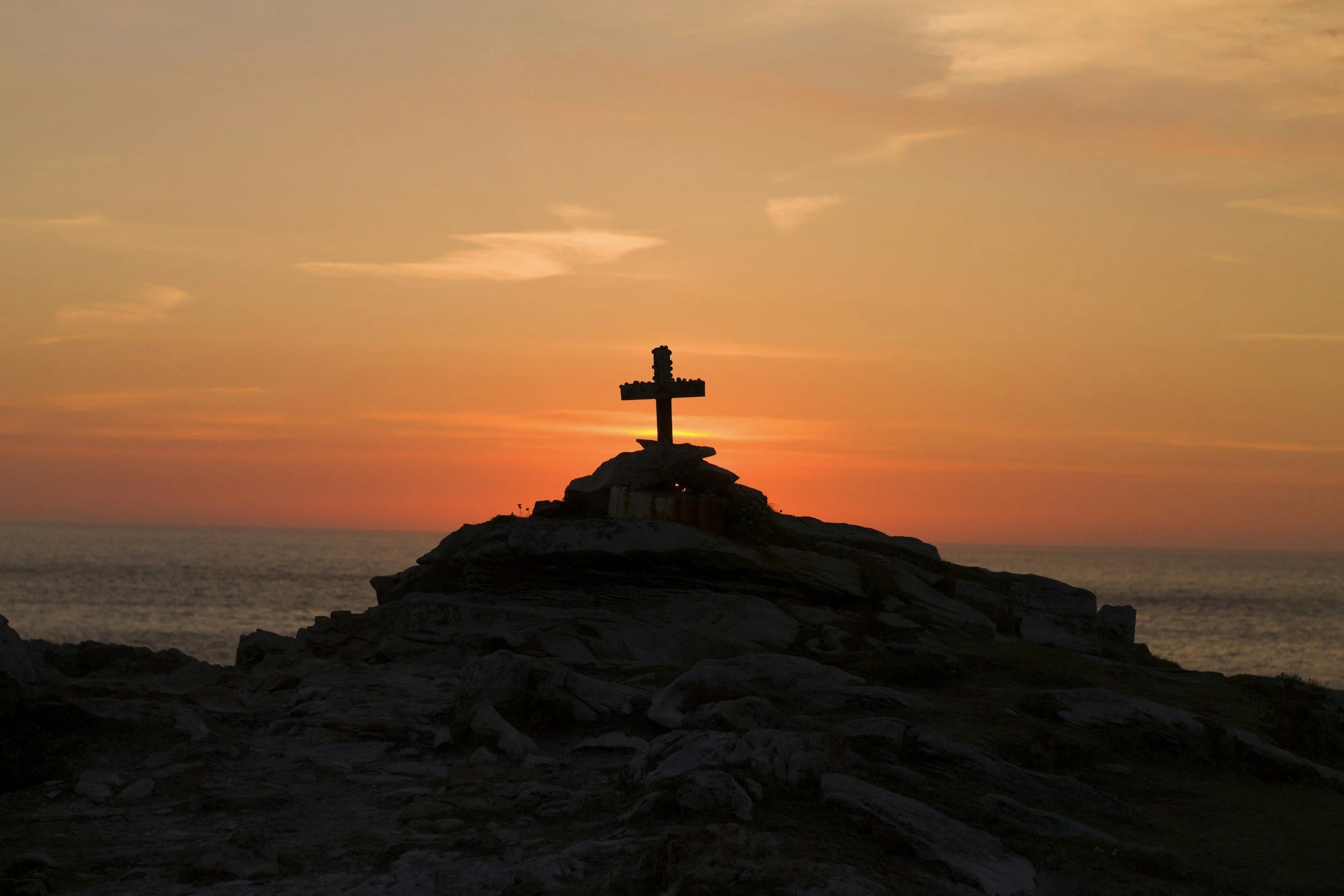





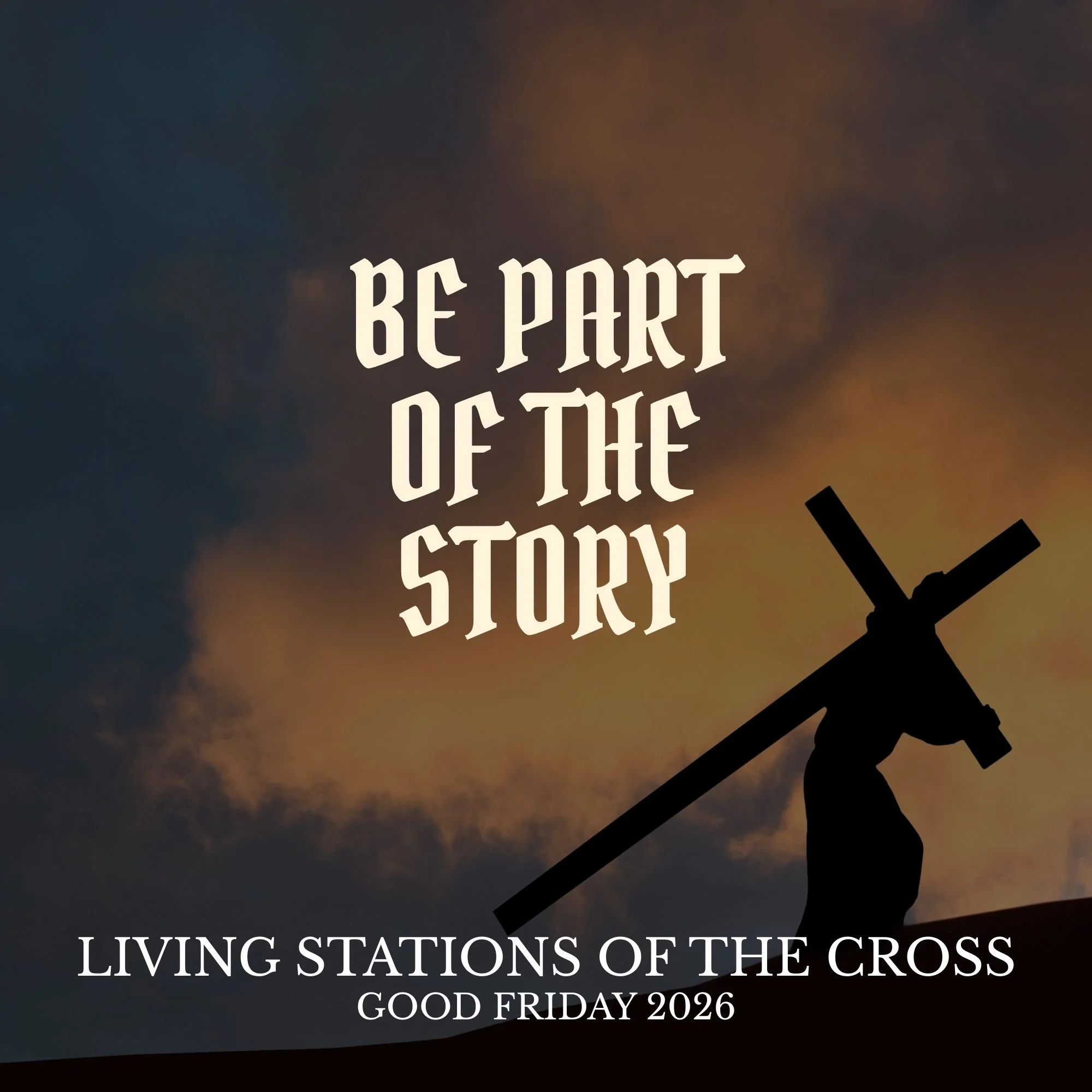


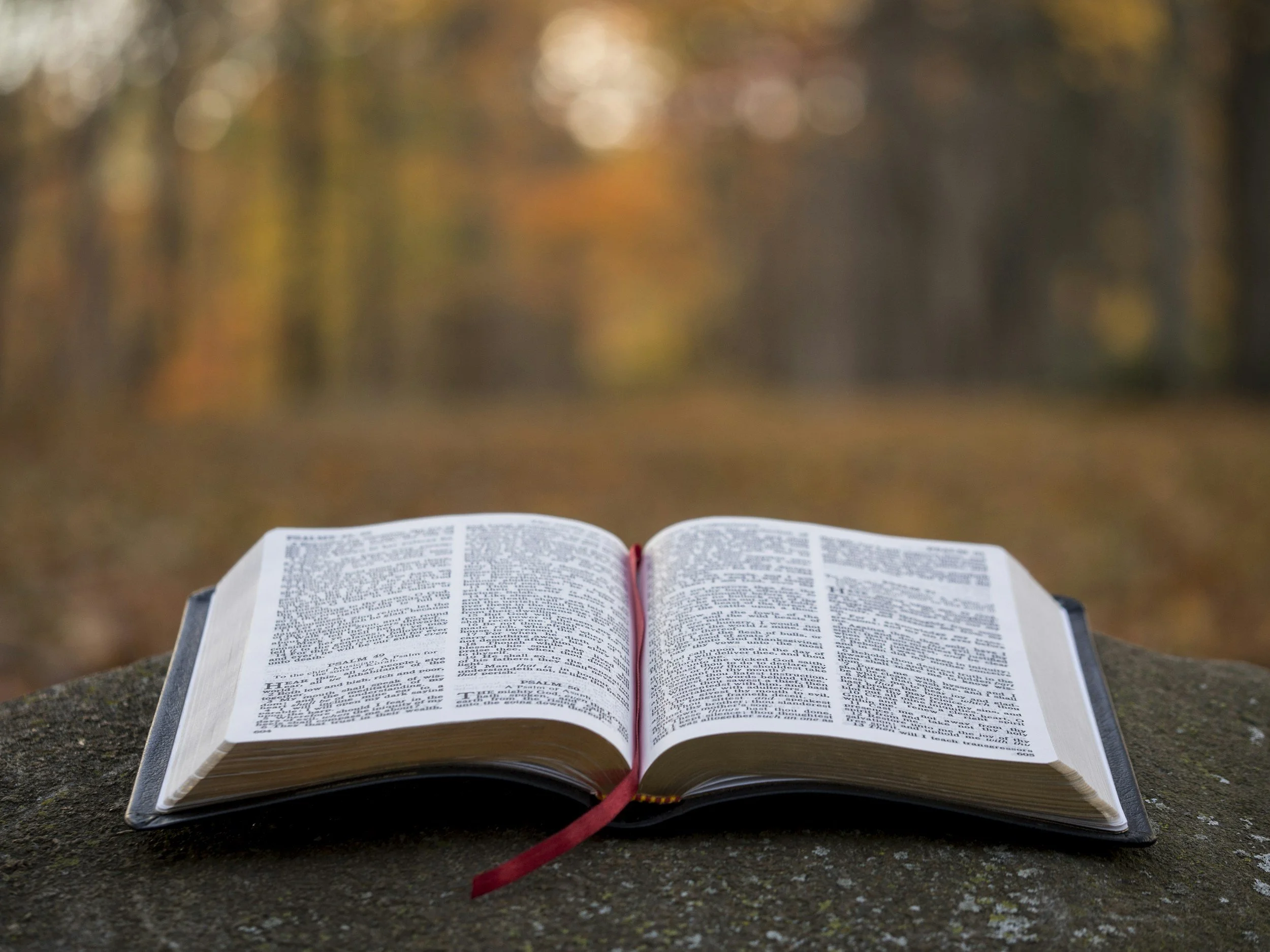





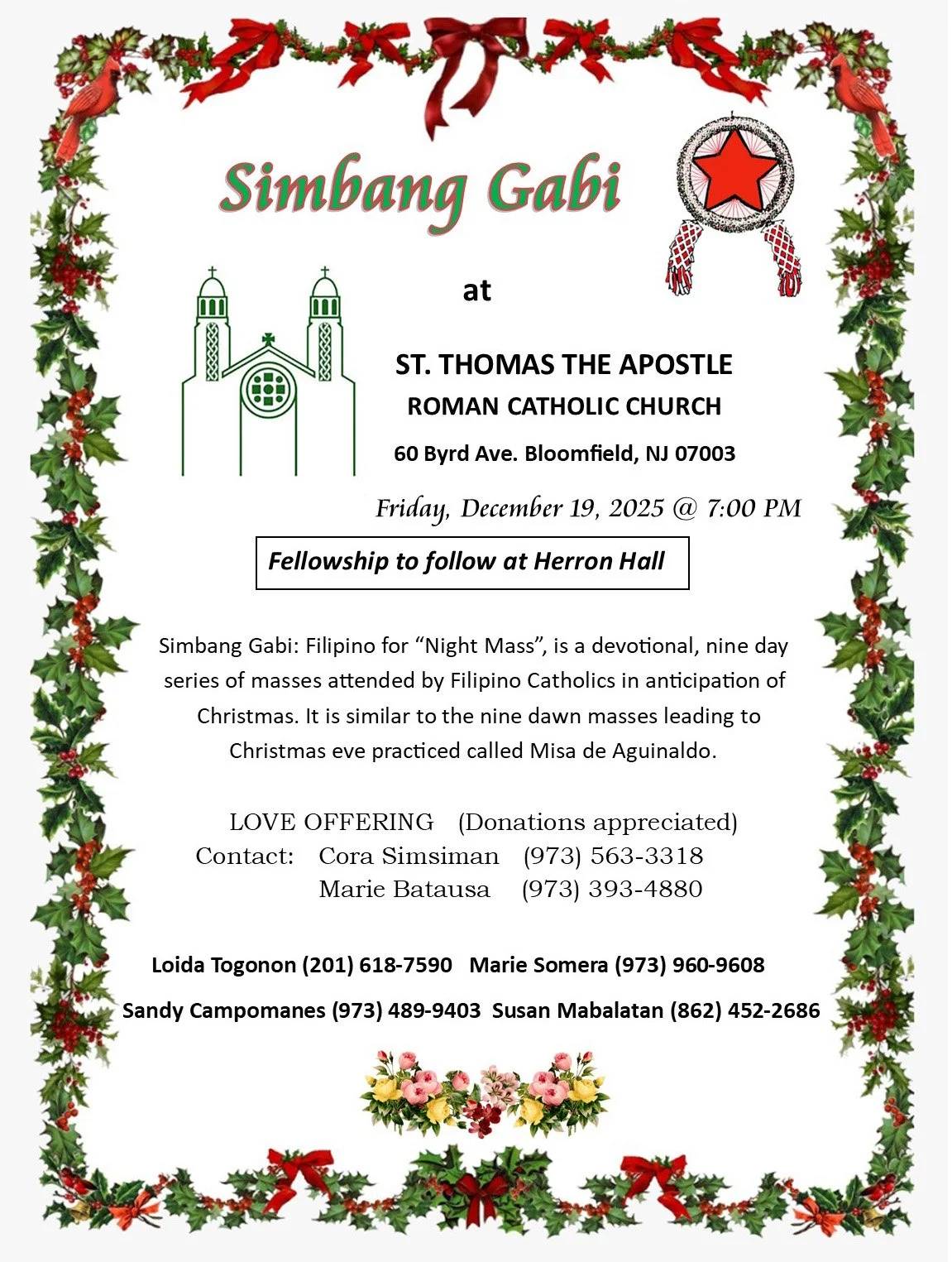





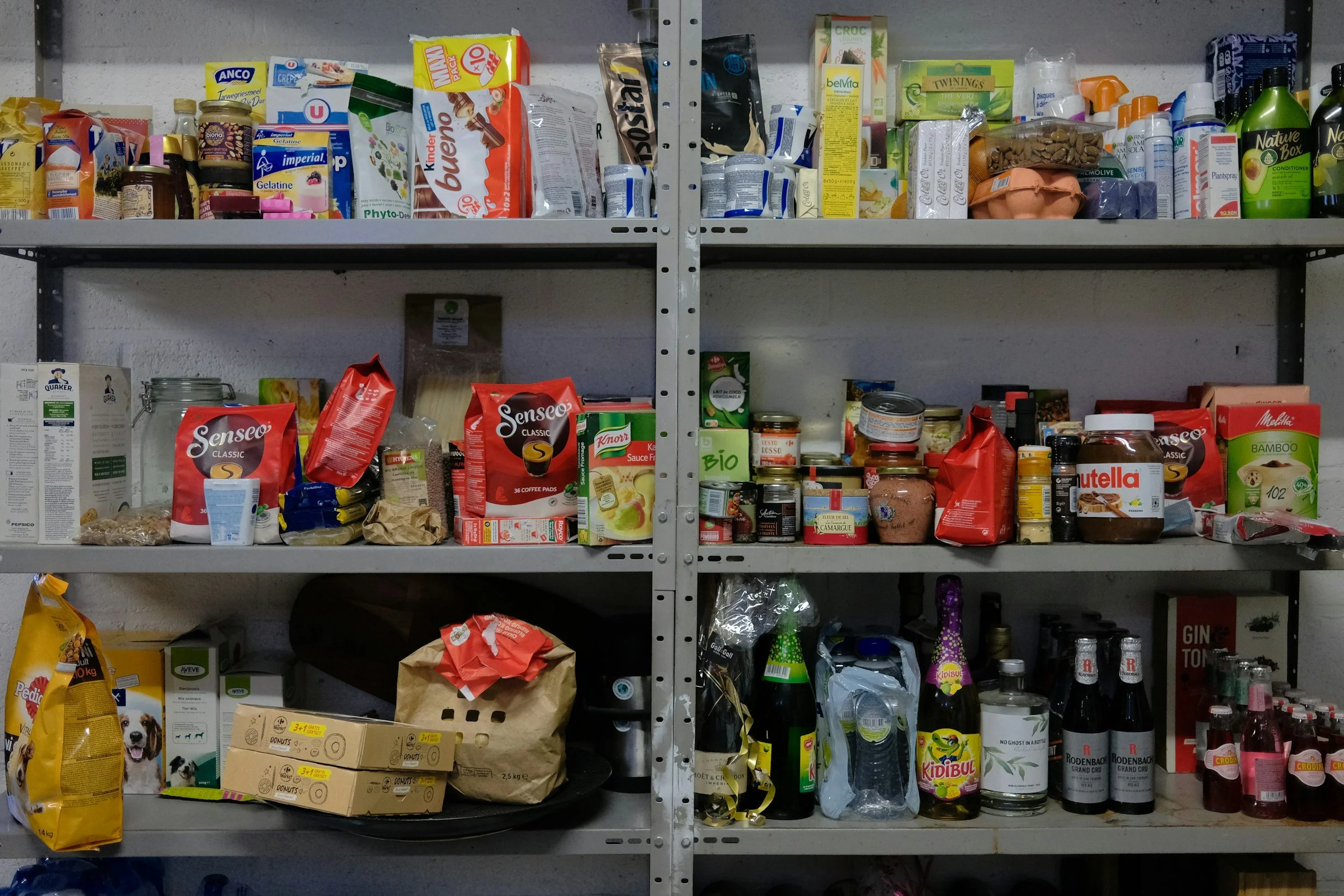


![CANTOS DE QUISQUEYA [Social Media].png](https://images.squarespace-cdn.com/content/v1/60c791b62191a839c2435b6b/934a4f97-ddd7-43dc-bc22-cc1c383c4d03/CANTOS+DE+QUISQUEYA+%5BSocial+Media%5D.png)








